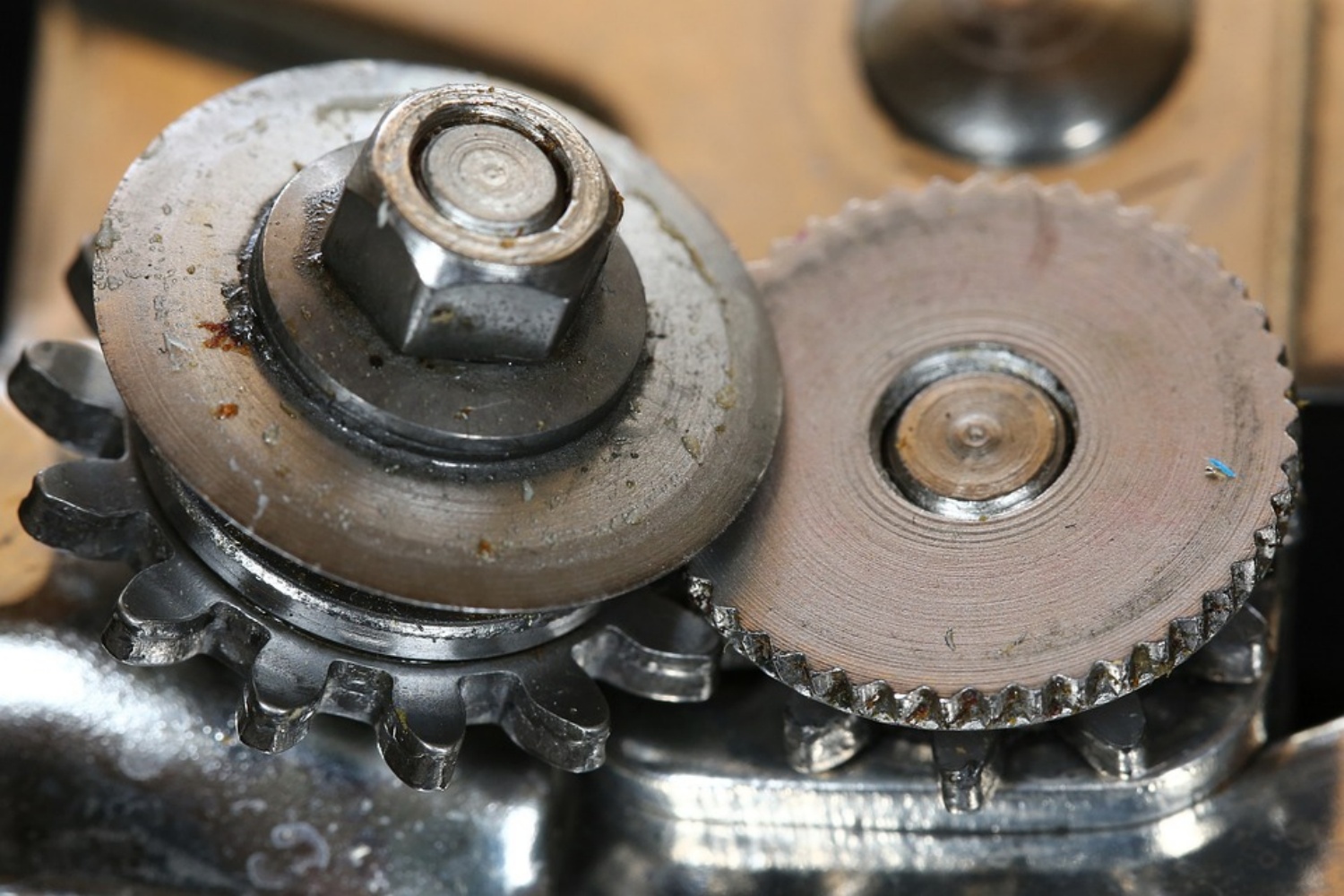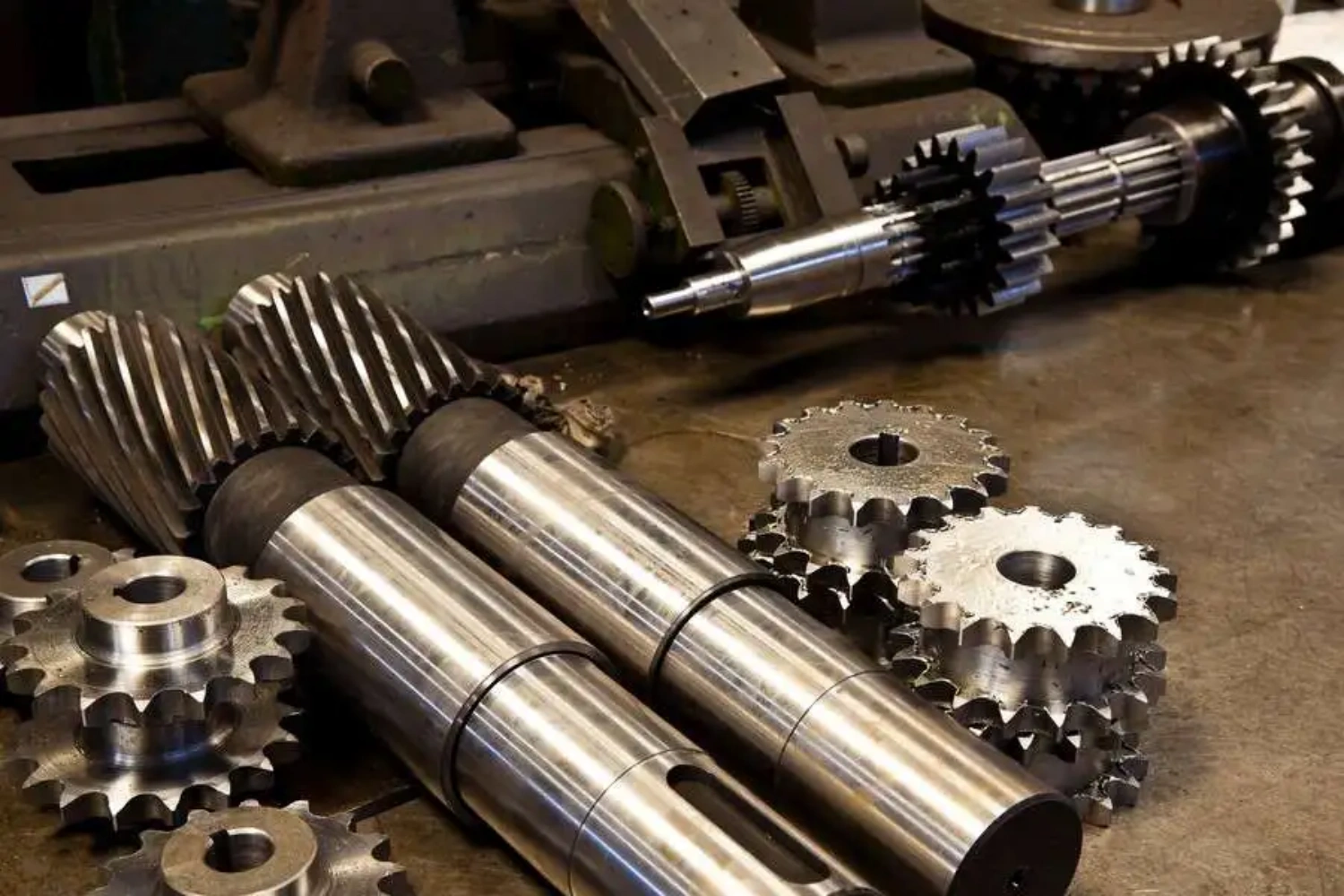What are gears? Even people who are not in the mechanical field know more or less about them, because we often see gears are used in many devices in our lives. But how much do you know about gears? Below is a brief introduction of the application and development history of gears in daily life.
Gears are mechanical parts that have teeth on the rim and can continuously mesh to transmit movement and power. The gear is driven by other toothed mechanical parts (such as another gear, rack, worm), that is to say, the gear teeth are interlocked with each other, and the gear will drive the other gear to rotate to transmit power. There are many types of gears, and gear transmissions are the more common types of gears. Among them, gear transmission is the most widely used mechanical transmission, which can realize the functions of changing the speed and torque, the direction of motion, as well as the form of motion. Its advantages include high transmission efficiency, accurate transmission ratio and large power range.
The gear transmission is used extensively in daily life, which is also a very important component that cannot be ignored in various mechanical equipment. This component that cannot be underestimated is applied widely in automobiles, machine tools, aviation, ships, agricultural machinery, and construction machinery. And almost all kinds of gear transmission can be seen everywhere in our daily life, such as: mechanical watches, alarm clock time mechanism, electric fan shaking head mechanism, air conditioner swing mechanism, bicycle chain drive and variable speed mechanism, washing machine variable speed mechanism, automobile variable speed mechanism, machine tool variable speed mechanism, reducer, etc. There are numerous examples of using gear transmission.
CONTINUE READING
Related Posts
In the realm of industrial automation, the significance of gears and pulleys within the machinery cannot be overstated. These components […]
Industrial gears play a pivotal role in the operational efficiency and productivity of various industries. These components, often housed within […]
In the rapidly growing food processing industry, the need for high-quality, precision equipment is more important than ever. As companies […]




